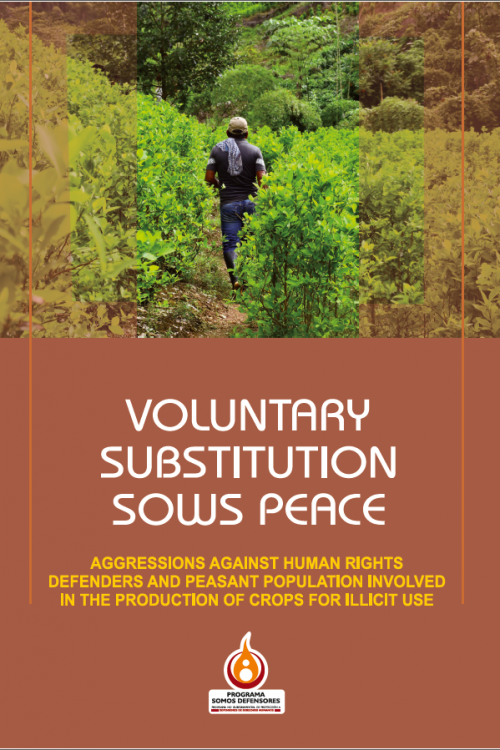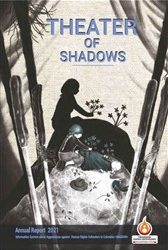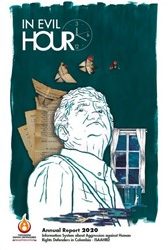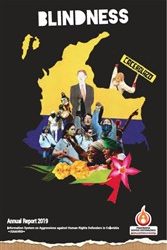
At the closure of this report, seven United Nations rapporteurs issued an important statement on December 17, 2020, in which they asked President Iván Duque and the Congress of the Republic not to reactivate the Illicit Crop Eradication Program with Glyphosate. The rapporteurs of Toxic Substances, Afro-descendants, Environment, Right to Food, Right to Health, Situation of Human Rights Defenders and Rights of Indigenous Peoples, consider that the program goes against the Peace Agreement and manual eradication as the prevailing method of eradication, as provided by the Constitutional Court. They also express their concern that the reactivation of the program is proposed in a systemic context of violence against indigenous peoples, Afro-Colombians and human rights defenders.
The connecting point between this important call of the rapporteurs and the present report lies in the concern about the aggressions against social leaders and peasant processes that are committed to the voluntary substitution of illicit crops, which, as can be seen in this report, are on the rise.
The We Are Defenders Program, in alliance with the Minga Association and the Viso Mutop Corporation, proposed the production of this special report: “Voluntary Substitution Sows Peace: Aggressions against human rights defenders and peasant population involved in the production of crops for illicit use”, with the purpose of drawing attention to the fact that important sectors of the peasant population historically ignored by the State and forced by social and economic exclusion to grow crops considered for illicit use, are once again surrounded by complex dynamics of violence that turn them into victims of multiple aggressions due to the fact that they are committed to voluntary crop substitution initiatives, an alternative that the Peace Agreement favors and that the current government intends to ignore.
The Final Peace Agreement signed in November 2016, has its pillar built on the reforms in the rural sector foreseen in point 1, in correspondence with point 4 of the same document, regarding the solution to the problem of illicit drugs.
To that extent, the Agreement proposed to advance in the recognition of the peasantry as a subject of rights. Expressly, in the section on Comprehensive Rural Reform, the Agreement states that it “conceives the rural territory as a socio-historical scenario with social and cultural diversity, in which the com-munities –men and women– play a leading role in defining the improvement of their living conditions and in defining the development of the country within a vision of urban-rural integration”. However, the few advances in terms of Com-prehensive Rural Reform and the multiple governmental obstacles (starting with budget cuts) to the Comprehensive National Crop Substitution Program -PNIS- and its declared intention to impose forced eradication and aerial spraying, have deconstructed this central axis of the Agreement and with it, the possibilities of advancing in the fulfillment of this pending debt with the Colombian peasantry.
A fundamental idea that runs through this report is to vindicate the nature of peasant growers of plants considered to be for illicit use, as subjects with full rights, and thus contribute to break the open or hidden stigmatization that is usually imposed on them.
The report is divided into five chapters. The first chapter offers a brief overview of the peasantry as a political and social subject, the dynamics of exclusion and victimization they have suffered, their struggles and their commitment to peace. The second chapter provides an overview of the anti-drug policies applied in the country and their effects on rural communities. The third chapter seeks to provide a status of the issue in relation to voluntary substitution initiatives with emphasis on the PNIS, as a program established in the Peace Agreement. The fourth chapter, provides contrasted information on the aggressions to social leaderships and processes committed to voluntary substitution since the signing of the Agreement until mid 2020, which is complemented with five cases from different regions: Southern Córdoba, Catatumbo, Guayabero River, Tumaco and Putumayo. These illustrate the type of aggressions committed, the context in which they occur and the affectations they cause in the organizational fabric. The fifth chapter stresses the importance of providing guarantees for voluntary crop substitution processes based on the proposals made by social and human rights organizations, pointing out some recommendations in this regard.
It is our hope that this report will contribute to the necessary discussions that are taking place at national and international levels regarding the direction to be taken by drug control policy in Colombia, and which must point in the direction of the implementation of the Peace Agreement as a fundamental navigation chart.
Finally, we would like to give special thanks to the Norwegian Embassy for its permanent political and financial support, which has made this report possible. We would also like to thank the cooperation agencies that make possible the daily work of the We Are Defenders Programme: Misereor and Bread for the World from Germany, Diakonia from Sweden and Amnesty International. Thanks also to the Minga Association and the Viso Mutop Corporation for building this alliance and to the organizations that provided information: the Cordoberxia Social Foundation and the Southern Cordoba Peasant Association ASCSUCOR.





